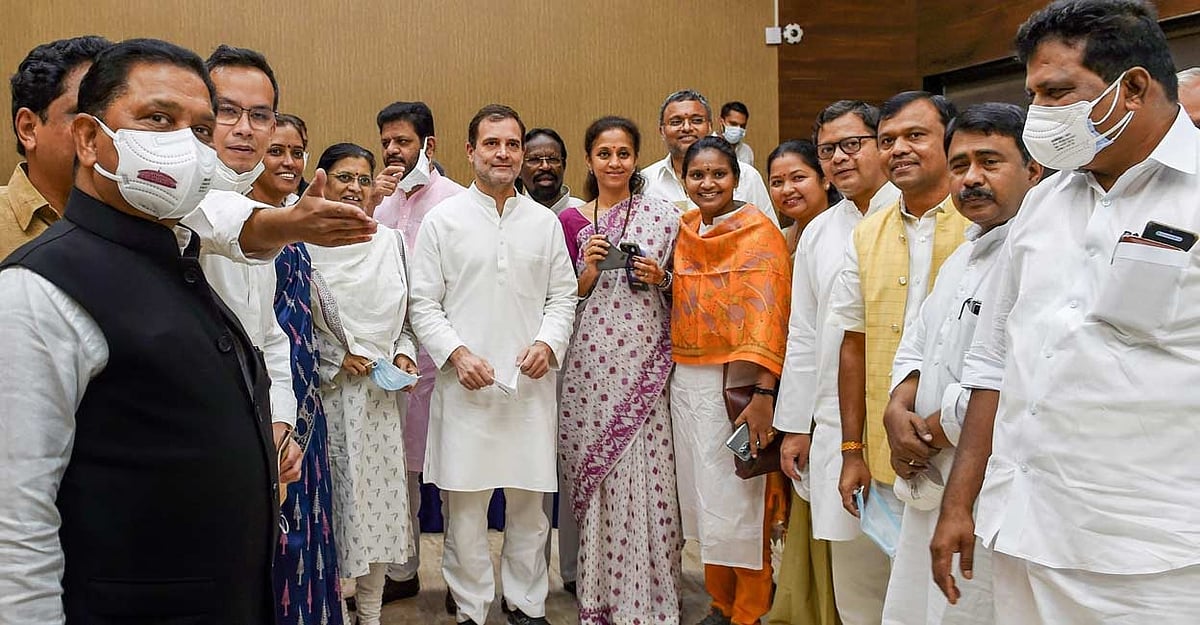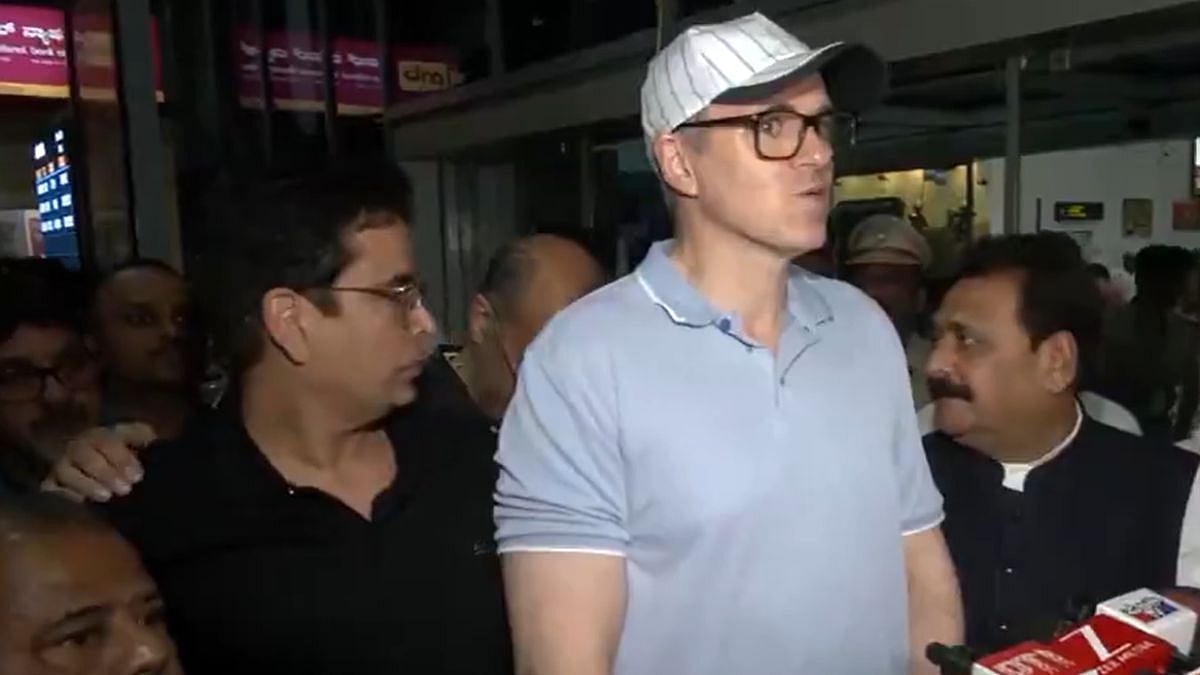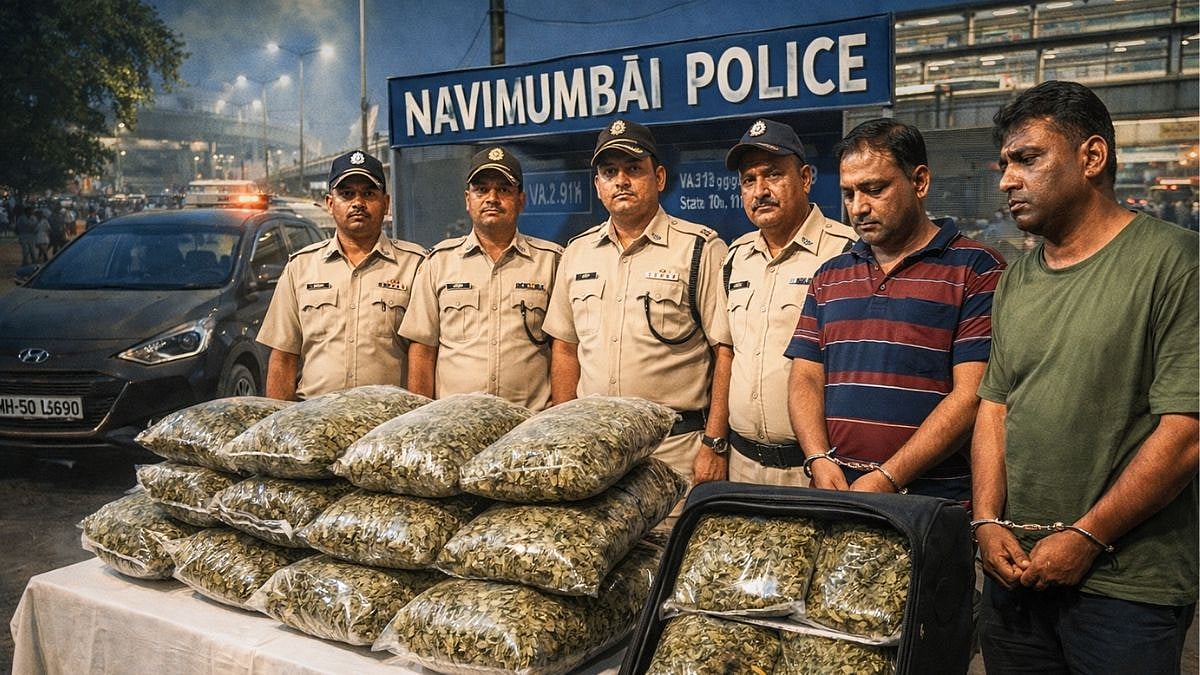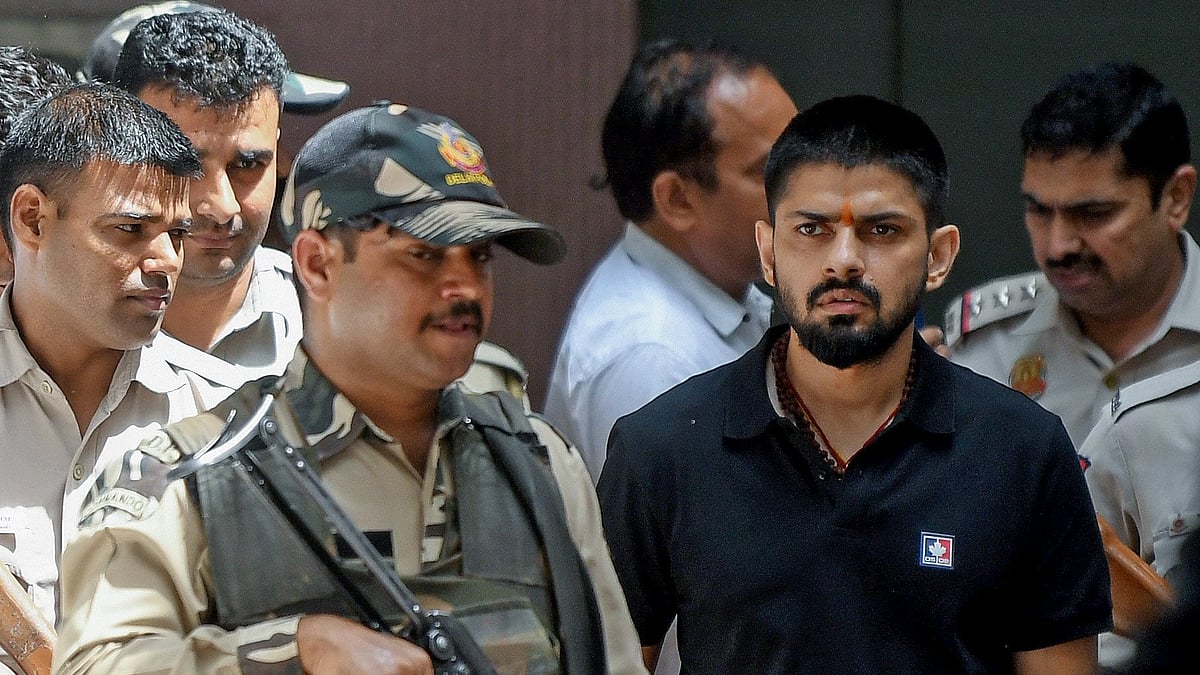Opposition unity is a much-touted political term with little relation to the ground situation. In fact, the greatest strength of the ruling party at the Centre has always been opposition disunity. This is not a new phenomenon, as the Congress was the beneficiary of it earlier, undivided or divided. The party never won 50 per cent or more votes in any election, including the first election in 1952 and the 1984 election when it won a steamroller majority in the Lok Sabha and the BJP was reduced to two seats. The BJP and its allies did not win more than 40 per cent votes even in 2019 when it bounced back to power, considered a spectacular performance. In other words, a majority of the voters voted for opposition parties, not the one in power. This happens because we follow the first-fast-the-post system under which the one who gets one or more votes than the nearest candidate is the winner.
One of the greatest strengths of the BJP-led National Democratic Alliance (NDA) government is that there had never been even an attempt to forge unity among the opposition parties. What’s more, some of the opposition leaders are so scared of the ruling party that they prefer to remain almost incommunicado. For instance, little has been heard from Mulayam Singh Yadav or Mayawati, who were at one time kingmakers at both the state and national levels.
Yet, the fact remains that the Samajwadi Party and the Bahujan Samaj Party remain politically strong at least in Uttar Pradesh, which will soon go to polls. Also, the BJP is clever enough to divide the opposition even on major issues like Article 370 of the Constitution. The conversion of Jammu and Kashmir into two Union Territories was never the BJP’s agenda. Nor was it mentioned in its election manifesto. Yet, the opposition could not come together against the vivisection of the state.
Again, it is the lack of unity that helped the ruling party to spirit away MLAs elected on non-BJP tickets to form its own governments as in the Northeast, Goa, Karnataka and Madhya Pradesh. Even on the issue of the farmers’ agitation, which enjoys a groundswell of support all over the country, the opposition has not been able to corner the government.
In fact, it could not put up a united front in Parliament, enabling the BJP to have the three controversial Farm Bills passed without any hitch. Otherwise, the farmers would not have been sitting on dharna on the borders of the Capital, braving inclement weather. In ordinary circumstances, the Congress should have been taking the leadership of the opposition as it is the only opposition party with a pan-India following.
While it should be said in fairness to Congress leader Rahul Gandhi that he is in congenital opposition to the BJP, especially Narendra Modi, he does not command the respect of many senior opposition leaders. Rightly or wrongly, an impression has been created about him that he is undependable and unwilling to share responsibility. His periodic absence from the political scene for weeks together does not instil confidence.
Many of the opposition stalwarts like Sharad Pawar consider him too junior to share the dais with him. Gandhi cannot also shy away from the fact that the Congress under him is no longer the Congress, which was under his mother or his father or grandmother or his great grandfather. Small wonder that the Congress cannot play a commanding role in national politics. Sonia Gandhi is physically too weak to shoulder this responsibility.
Notwithstanding all this, there is a growing realisation that if the BJP is not to be allowed to return to power in 2024, the opposition must forge at least a semblance of unity, if not unity. The parties cannot be oblivious to the BJP’s capability to raise issues on which they cannot but remain confused and disunited. Also, it can finance some opposition parties to play the role of the spoiler, without which the Nitish Kumar government would not have returned to power in Bihar.
It is this realisation that enabled Rahul Gandhi to attract nearly 100 opposition MPs to his breakfast meeting on Tuesday. The absence of the BSP and the Aam Aadmi Party is a pointer to the challenges Gandhi faces in bringing all the opposition parties on a common platform to dislodge the BJP from power in 2024. As in chess, a good opening should be followed by a good middle game and an equally good end game to checkmate the king.




